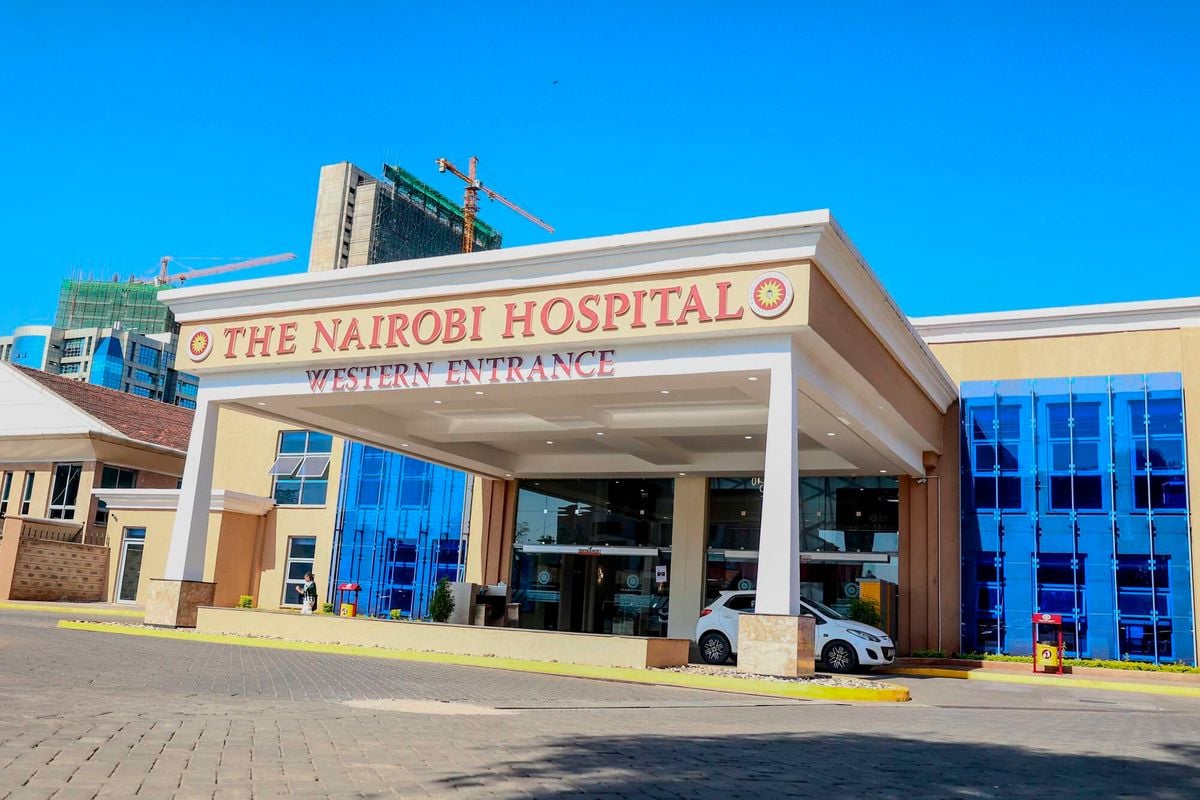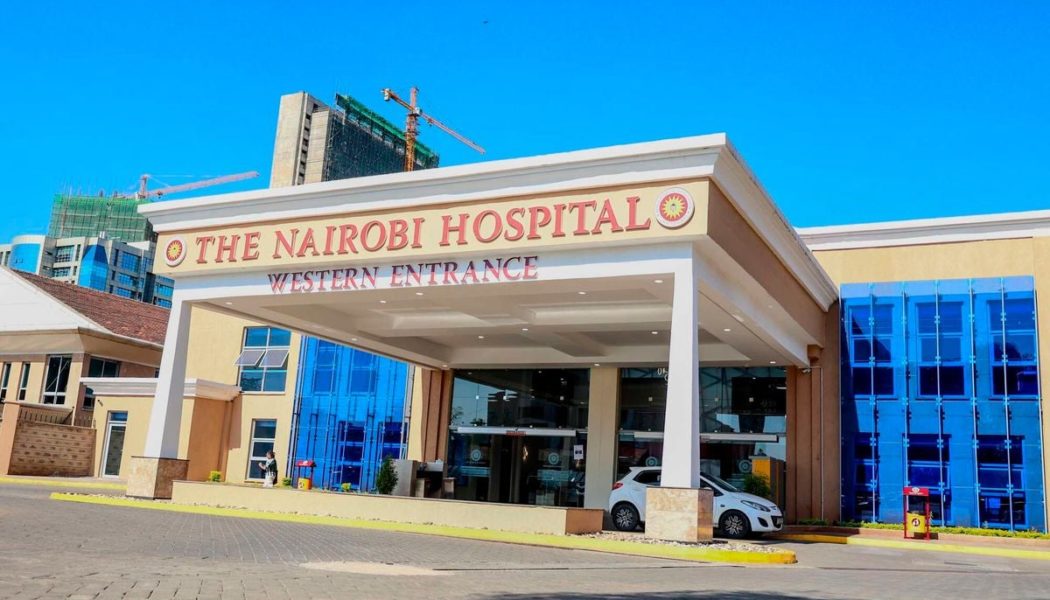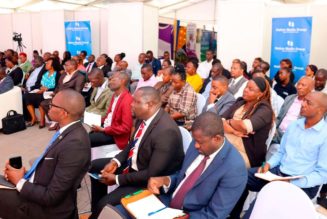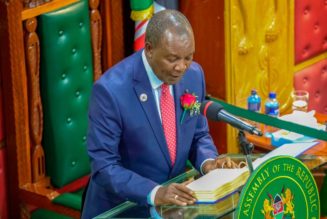
First, there was a call for an annual general meeting (AGM) for members of the Kenya Hospital Association (KHA), which manages the Nairobi Hospital.
This AGM call was soon followed by a court injunction and a request for an extraordinary general meeting (EGM). An AGM is an annual meeting that companies hold to discuss their financial performance, elect directors, and conduct other business as defined in their bylaws. An EGM, on the other hand, is a meeting held outside of the company’s regular schedule to discuss and vote on a specific issue that cannot wait until the next AGM.
While KHA members were still digesting this development, another legal challenge was filed in court stopping the EGM.
The AGM had been demanded by KHA members, but the board sought a court order to block it. The KHA members then called for an EGM.
On September 12, High Court Judge Peter Mulwa halted the EGM, which had been slated for September 18, pending the hearing of the case filed by KHA challenging the first injunction.
The judge fixed the matter for mention on October 8, after directing senior counsel Ahmednasir Abdullahi, who filed the suit on behalf of 400 KHA members, to serve the board with the court papers.
In the application, Mr Abdullahi submitted that the board members, led by the chairman Chris Bichage, called for a board meeting at a Nairobi hotel through a notice published on September 3.
He said the court was never informed that the members had called for an AGM scheduled for September 21.
According to Mr Abdullahi, the court was being invited to the centre of the boardroom wars as the members had issued a notice, paid for the venue, and were ready to proceed with the AGM to remove the board.
The lawyer said the injunction obtained by the board was an attempt to derail the members’ constitutional right to recall a non-performing board as enshrined in the Companies Act and the company’s articles of association.
“To the extent that the subject suit and injunction relates to verity in law of a requisition taken out under provisions of Section 277 of the Companies Act and Article 18 of the company’s Articles of Association, and being a legal document used and applied by a company for incepting the process of convening an extraordinary general meeting, by dint of provisions of Section 3 of the Companies Act, this court had no jurisdiction to issue the impugned order and or deal with the suit,” the lawyer said.
Mr Robert Shaw, a member of KHA, said after the board failed to convene an AGM, he and 387 other members [those who appended their signature in the lawsuit] made a requisition for the meeting to the board of directors as required by the KHA’s articles of association and the Companies Act.
He said the suit by the board was a “desperate attempt” to use the court process as a shield against legitimate processes.
Mr Shaw said doctors had since issued a strike notice if the board fails to resign. “The purpose of the court order is to compound and complicate the existing situation and same ought to be discharged and allow the meeting to proceed as scheduled,” he said.
He added that the requisition for the AGM stated the intention of the members to consider and approve or pass a resolution to remove the directors from the office and also highlighted the general grounds relating to all board members and specific grounds relating to certain directors.
He said the board was in the process of committing the company and its assets to a syndicated loan of Sh4.2 billion. “The company is presently struggling financially and certainly has no capacity to repay loan instalments of over Sh4 billion. Committing the company and its assets as above shall most certainly drive the company to insolvency,” he said.
Mr Shaw added that the situation at Nairobi Hospital necessitating the intended recall of the board of management is a matter of life and death. “Lives have been lost and continue to be prejudiced, thus warranting urgent intervention, including by this honourable court,” he said.
The KHA members are accusing Dr Bichage and his vice chairman, Philemon Mwaisaka, failing in the leadership and management of the company, including chairing and presiding over board meetings that passed resolutions contrary to the company’s articles of association, human resources and procurement manuals.
In addition, the duo are accused of acting in a serious conflict of interest and in breach of the articles of association of the company by conducting business with the hospital through proxy firms, and of failing to properly lead and manage the company, resulting in a serious decline in the hospital’s performance, revenue, efficiency and brand reputation.
As the chairman of the board’s human resources committee, Barcley M. Onyambu is alleged to have presided over the irregular employment of staff at the hospital based on tribalism, nepotism and cronyism, and in contravention of the company’s human resource manual and board charter.
Other board members are Dr Magdalene Muthoka, Dr Fred Kambuni, Dr Mbira Gikonyo, retired justice Philip Waki, Prof Herman Manyora, Prof John Mwero, Geoffrey Ng’etich, Prof John Nyiro Mwero, Prof Jaldesa Guyo Waqo, Prof Peter Ndaguatha, Samson Mbuthia Kinyanjui and Valerie Gaya.









